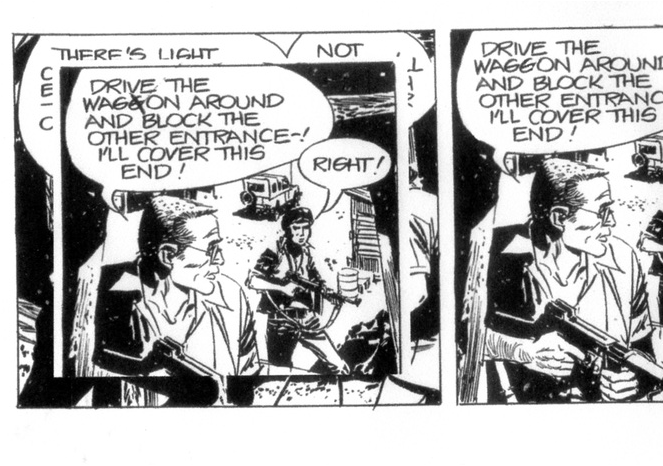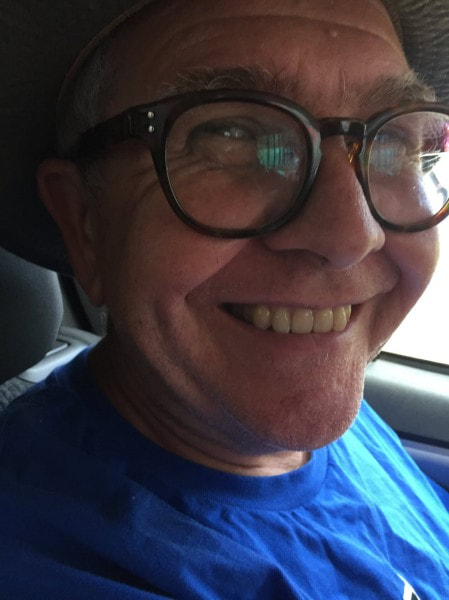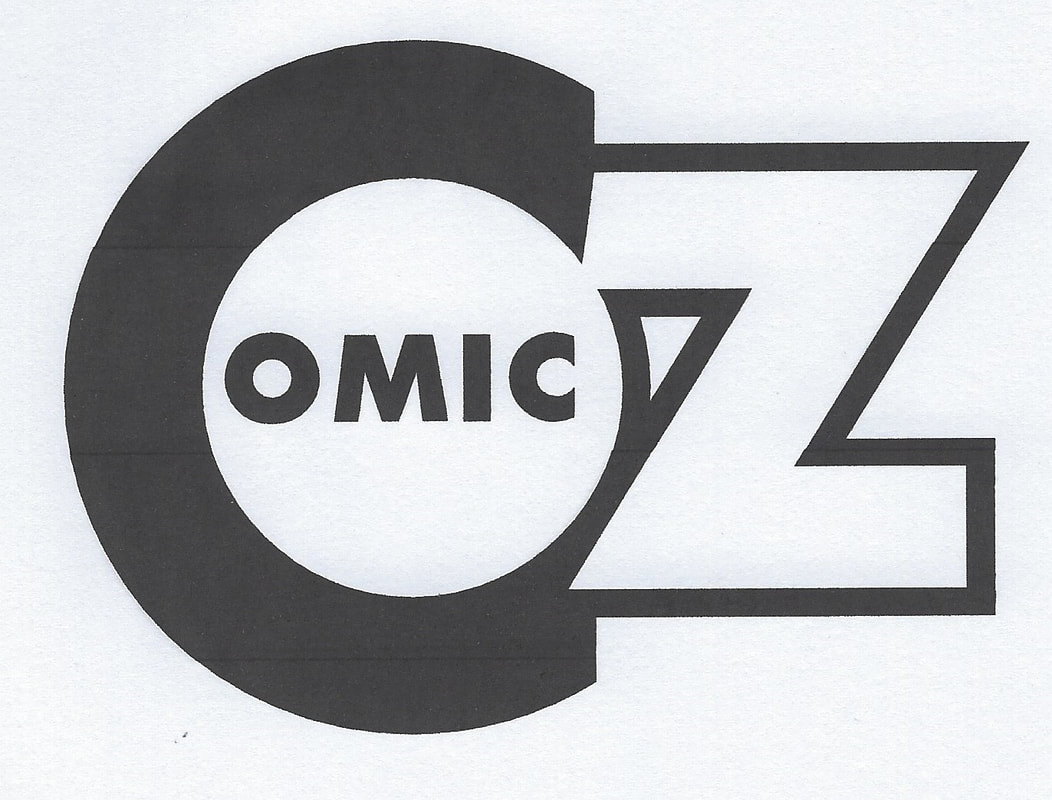|
UA-139927741-1
Here's a quandary that I don't come across too often. I am reprinting classic Australian comic strips (as most of the Readership will know). In the last few days I have been working on a Second Volume of John Dixon's Air Hawk. What do I do when there is a spelling mistake in the original artwork's text? See the illustration to the left below. John has clearly written "WAGGON" in the text prior to the strip heading to the newspapers, and just as clearly a line has been placed through it. (I am not sure what was actually reprinted in the newspapers, as I am working from proofs from the artwork as the newspaper editors would have received them.) Do I correct the spelling of the word (and thus in effect censor the original)? Or should I clean up the copy (as you can see on the right) and leave it as John intended, irrespective that there is still a spelling error contained therein? Or should I clean it up and spell it correctly?
I am already presently editing out the dates and office records on the margins of the strips, which is I suppose in essence a form of censorship. Or is it? It is material that wasn't seen on the original reproduction in the newspapers. I clearly know I have an opinion (which I shall follow in the publication), but I am still interested in your thoughts.... |
Comicoz is Nat Karmichael's publishing imprint. Nat is committed to preserving a permanent collection of Australian comic and comic strips. He feels that there is a need to recognise comics' contribution to and depiction of Australian culture.
Nat Karmichael.
Since 2011, Nat has self-published over twelve comic-related books and was Publisher-Editor of Oi Oi Oi! -- the last series of nationally-distributed comic books of original stories to appear on Australian newsstands. He is a member of the Australian Cartoonists Association and edited the Association's journal Inkspot for 14 issues from late 2015. He remains the Lead Judge in the Ledger of Honour Awards for the Comic Arts Awards of Australia (formerly the Ledgers). Nat has now retired from his former occupation as a Clinical Nurse in the Psychiatric Emergency Centre in Queensland's largest public hospital, so that he can spend more time with his long-suffering wife and their six children and fourteen grandchildren. He still plans to publish more comics and comic-related books, the details of which you should see here in the coming months... Comicoz acknowledges the Traditional Custodians of Country throughout Australia and their connections to land, sea and community. We pay respects to elders, past, present, and emerging, and extend that respect to all First Nations peoples.
Archives
May 2024
Quick LinksAustralian Publications since 1976:
1 x Poster 19 x comics (one a co-production with Cyclone Comics in 1988/9, one a co-production with Cowtown Comics in 2022) 2 x Paperback books 10 x Hardcover books All Australian! |



 RSS Feed
RSS Feed
